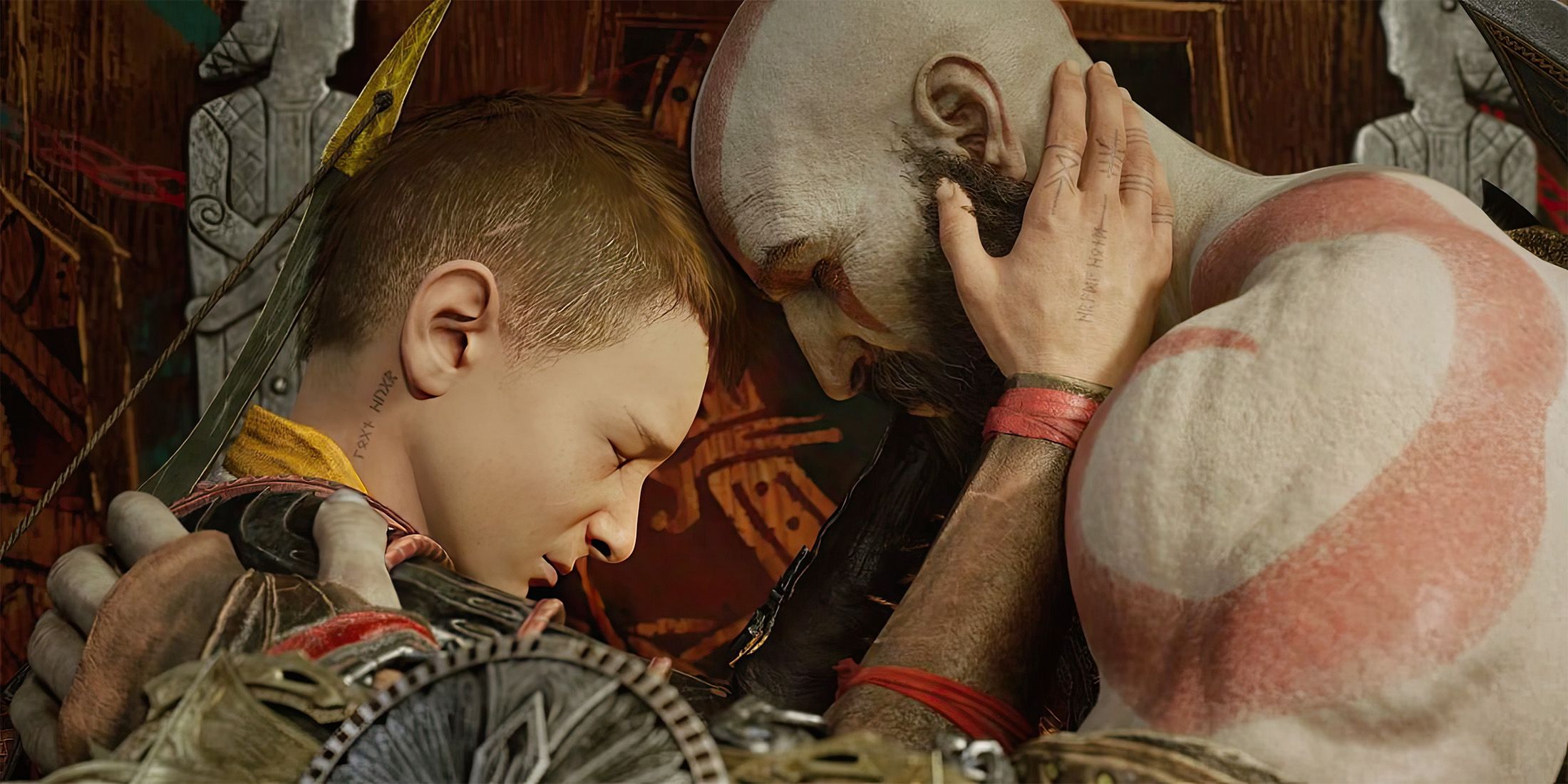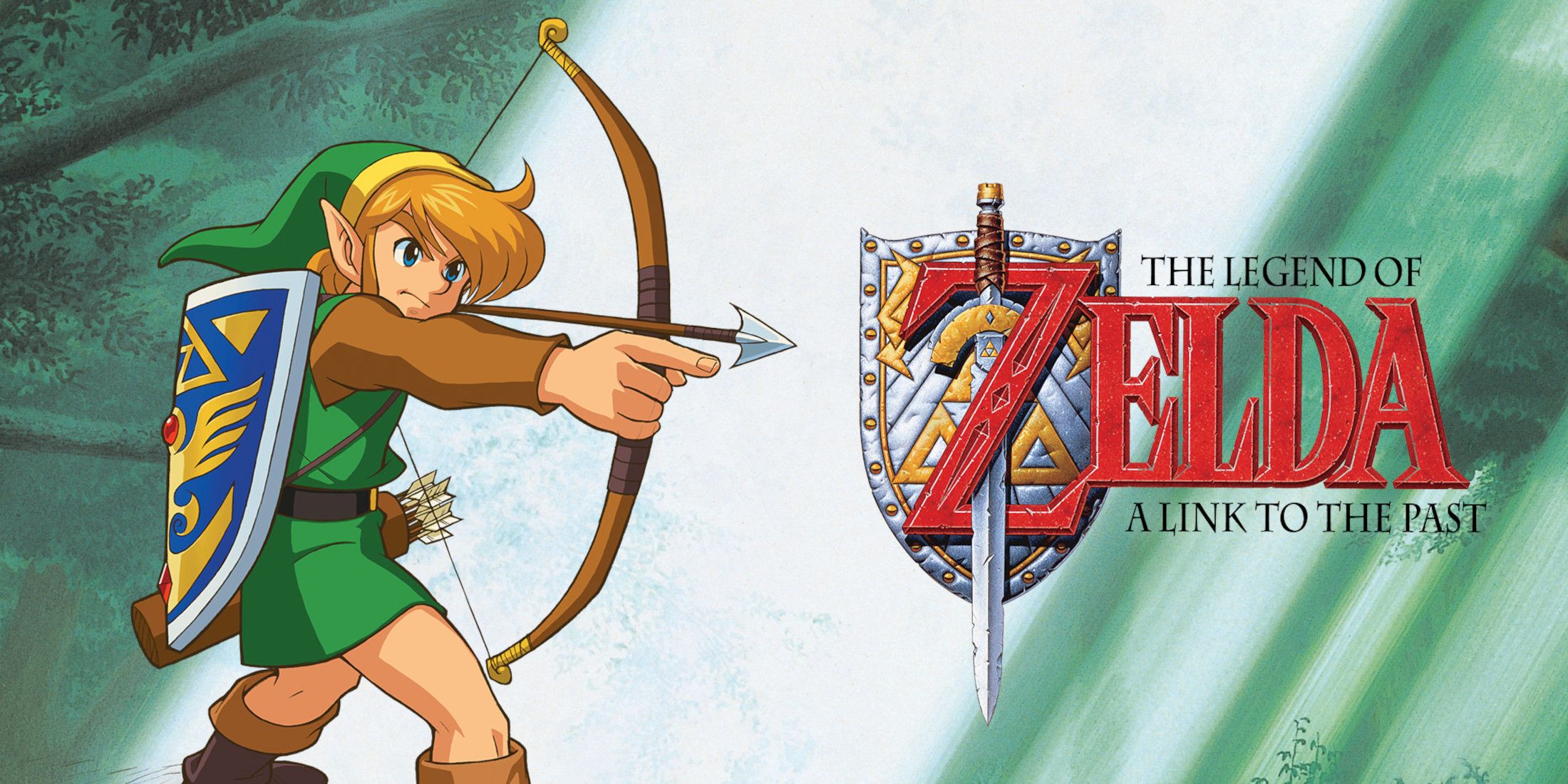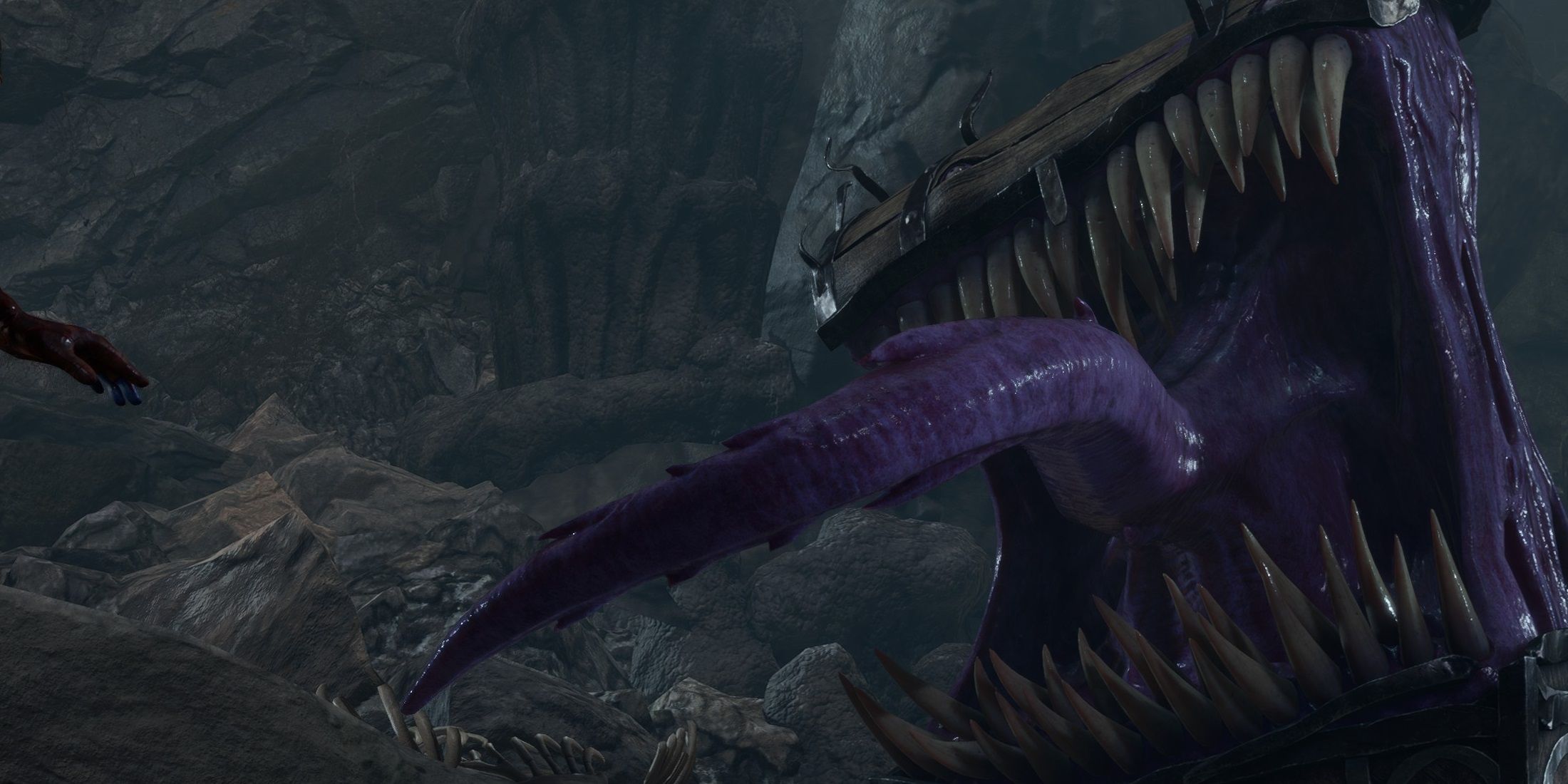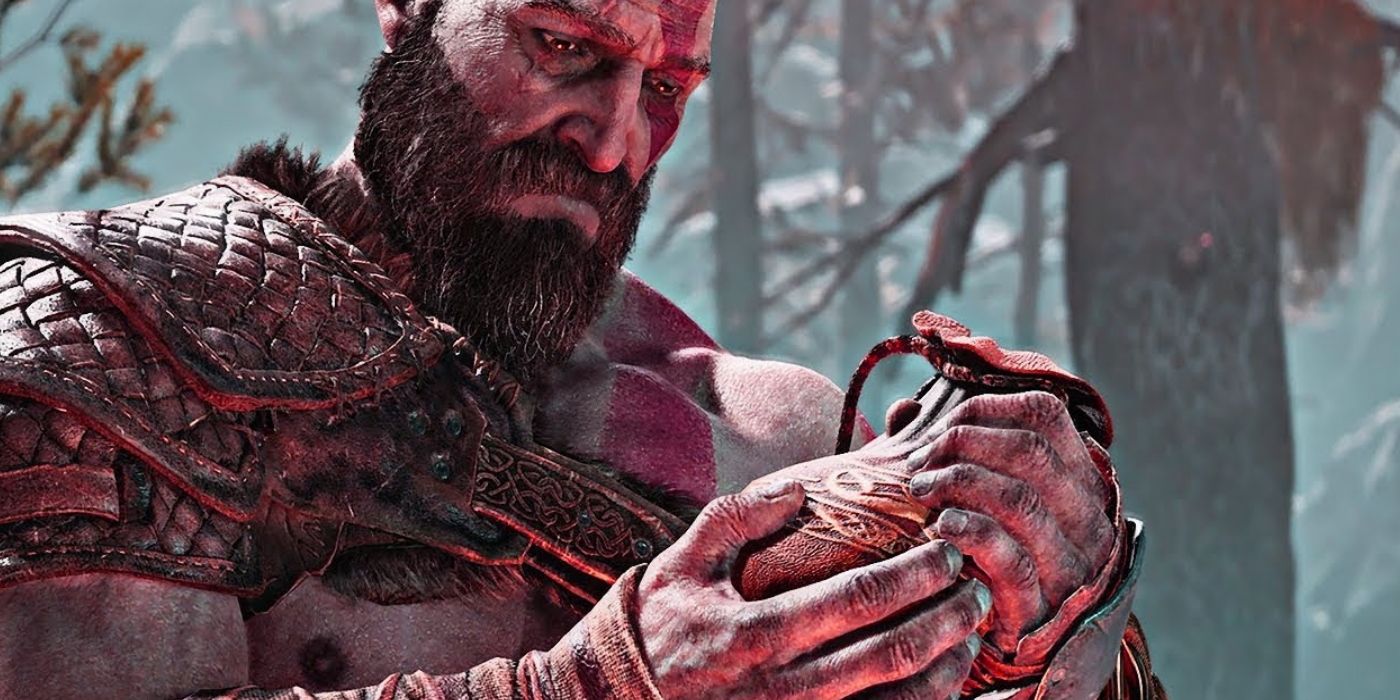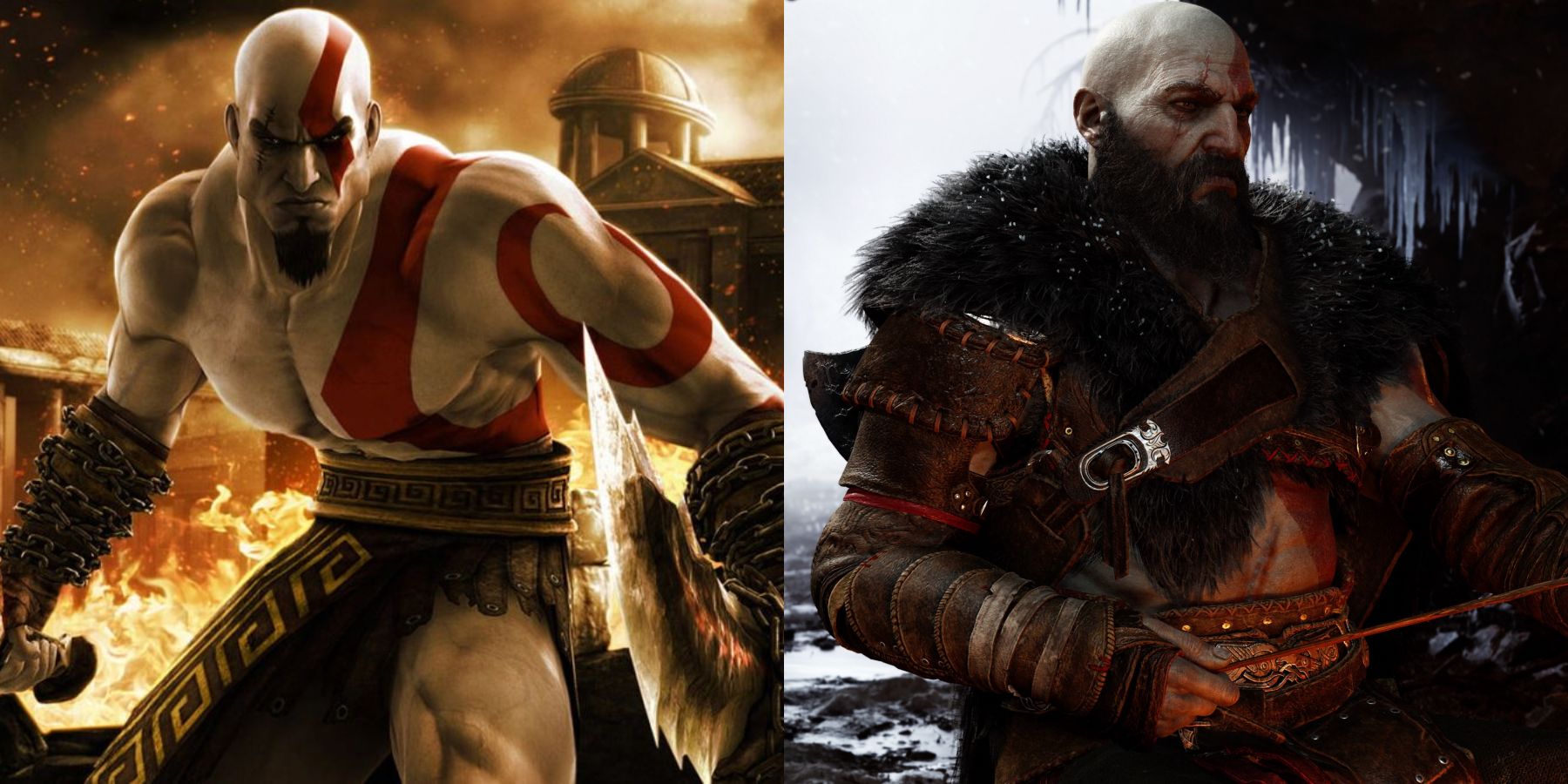God of War is a tale of two halves. It began as a frantic, fixed-camera hack-and-slash that had players slay countless enemies as a raging protagonist, but has mellowed significantly with its more recent outings. Kratos is a Spartan Commander and the son of Greek God Zeus, and spends a great deal of his time in southern Europe killing gods and being an all-round angry man. In his Norse adventures, Kratos grapples with relearning how to be a father, and as events unfold his place in the wider tapestry of the series becomes clearer. It's a stunning progression for his character, but recent news from Amazon indicates he is yet to see his most significant change.
An Amazon Prime series based on God of War has been announced, and though finer details are unknown, it's safe to assume from The Last of Us on HBO and Uncharted in theaters that it will take lots of cues from the game on which it is based. It's a more complicated situation this time around, though, as the video game series takes place in two radically different mythologies, and each are too important to Kratos' development to omit. Greece is a vital building block for him, and reentering that space in flashbacks would be the obvious, and wise choice.
Tone is Everything in God of War
Perhaps the most popular criticism of the Greek portion of God of War was the tone of the trilogy, and how Kratos was a rage-filled, but unremarkable character. He didn't feel much different from the first game in 2005 to how he did in the third in 2010, and the first few scenes of the 2018 game gave him as much meaningful development as the first three titles combined. The Norse saga took an all-new (but not necessarily universally better) approach, placing more emphasis on emotional storytelling and careful, memorable character interactions.
The atmosphere difference in the Greek and Norse games is night and day, and attempting to stay faithful to all the Sony-exclusive releases while conjuring a consistent tone through the show is a difficult task. Flashbacks provide an effective way to deliver two contrasting sides of one person at separate points in their life. Better Call Saul, Kill Bill, and Forrest Gump all show the stylistic and tonal advantage of flashbacks when used correctly, and the new God of War show should take notes. Kratos is a far more mellow person in the new games than the old, and if the Amazon series is to focus on his Norse expeditions Greece has to be included, but the tone can't be too contrasting to the rest of the events on screen.
God of War's Greek and Norse Settings are Visually Polarizing
The sandy shores of the many Greek islands are vastly different from the towering structures and chilly landscapes of Norse mythology, and Kratos' time in the former would be best served by using different visual flourishes to make it feel indicative of the setting. Lens filters that exhibit warmer colors and set design that mirrors Greek locations will be necessary to make the series feel authentic, and flashbacks are a natural way to remind viewers that both places are not the same.
Stylistically, the original God of War games and the most recent ones look nothing alike. If it wasn't for Kratos' distinctively ashy skin tone and Blades of Chaos it would be hard to recognize him in the Norse-set games. Frequently taking viewers back to Greece, making the scenes feel unique from the rest of the show would demonstrate how far Kratos has come, and what he's had to do to have a shot at a happy life. For a man whose existence has been so half-and-half, flashbacks seem like the obvious way for Amazon to tell such a vital part of his story.
A God of War show is in development for Amazon Prime Video.

